Impairment of visual fields is an important indication for surgery in pituitary lesions. Preoperatively, all patients had objective signs of visual acuity or field defects.
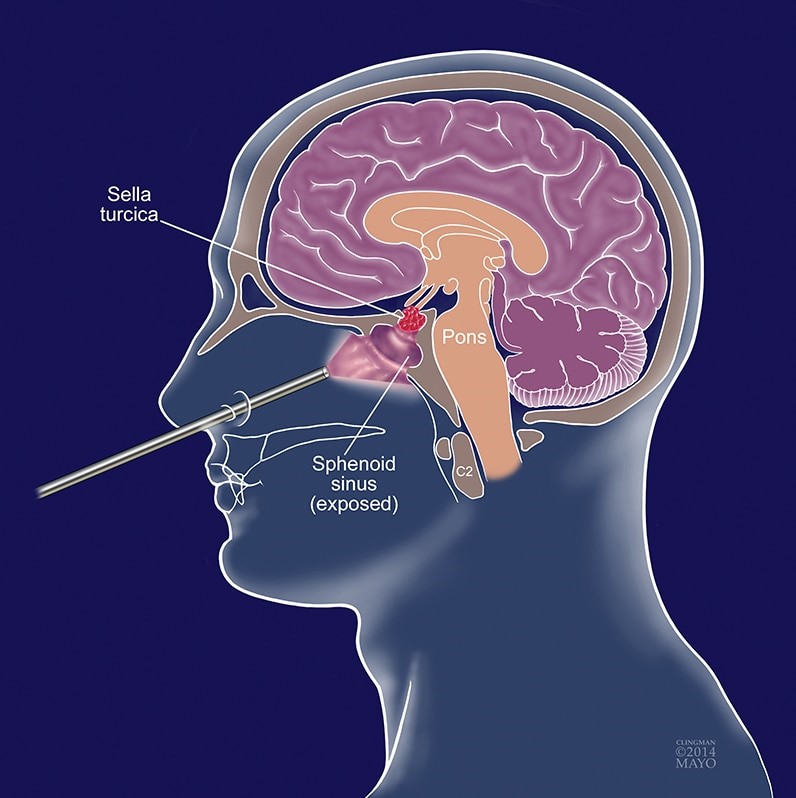
Pituitary Surgery – Affordable Brain Surgery In Mexico Puerto Vallarta
Everyone recovers at different rates from pituitary surgery.

What is the recovery time after pituitary tumor surgery. To support the healing process, dr. Expect to be out of work an average of about two weeks, depending on the type of work you do, according to pituitary.org. It takes about 3 hours for the surgical removal of tumor.
The sphenoid sinus is behind the nose, and surgeons can reach. Your pituitary gland is at the base of your brain. Hospital recovery (right after surgery) as with the transnasal, transsphenoidal approach, you can expect to spend a total of two to three days in the hospital after your procedure.
You may have a headache and a slight runny nose after surgery. We reviewed the records of 100 consecutive patients with histologically verified pituitary adenomas who underwent transsphenoidal decompression of the optic nerves and chiasm. The patient will probably need surgery if the tumor:
During the recovery process you may experience headaches, and these may also be caused by a pituitary cyst or tumor that has not been removed. Recovery after pituitary tumor surgery begins immediately in the hospital with close monitoring of vision, fluid intake and output and any nasal discharge from the surgery site. Surgery on the pituitary gland is a serious operation, and surgeons are very careful to try to limit any problems either during or after surgery.
Your doctor will advise you on any symptoms that should be reported immediately, such as large amounts of. Recovery after pituitary tumor surgery begins immediately in the hospital with close monitoring of vision, fluid intake and output and any nasal discharge from the surgery site. Start douching one week after surgery (or as advised by your medical staff) and continue for at least six weeks.
This surgery is performed under general anesthesia. Impairment of visual fields is an important indication for surgery in pituitary lesions. To remove a pituitary tumor, a surgeon typically goes through the nose or the upper lip.
You may then reduce the frequency of douches to twice daily, but it is advisable to continue doing this for three months. New hypopituitarism occurs most commonly in pa. Is producing hormones that medication cannot control
The patients' ages ranged from 18 to 80 years, with a median of 52 years. In some cases, an ent (ear, nose, and throat) surgeon may be the surgeon or part of the team performing the surgery. Though your recovery is going to be a very personal process, it can be helpful to have some general.
How acromegaly surgery is performed. After transsphenoidal adenomectomy, new unplanned hypopituitarism occurs in approximately 5% of patients, whereas improved hormonal function occurs in 50% of patients. How long are you in the hospital after pituitary tumor surgery?
The procedure itself usually takes about three hours. Surgery is the most common treatment for pituitary tumors. During regular working hours, your doctor's office will be able to answer your questions.
Recovery after pituitary tumor surgery begins immediately in the hospital with close monitoring of vision, fluid intake and output and any nasal discharge from the surgery site. Watson often recommends that you: Reaching through an incision and using tools specific to pituitary surgery, the surgeon will remove the tumor.
The likelihood of new hormonal loss or recovery appears to depend on several factors. Patients go to the recovery room for two to three hours after the surgery and are then admitted to the hospital floor. The best treatment for other types of pituitary tumors is removal of the tumor by an experienced neurosurgeon who performs pituitary surgery frequently.
Recovery after pituitary tumor surgery begins immediately in the hospital with close monitoring of vision, fluid intake and output and any nasal discharge from the surgery site. Surgery to remove a pituitary tumor is typically performed by a neurosurgeon, a surgeon specializing in the treatment of disorders of the central nervous system, which includes the brain and spine. Complications during or after surgery such as bleeding, infections, or reactions to anesthesia (the drugs used to make you sleep during surgery) are rare, but they can happen.
It will take time to heal, and you’ll need plenty of rest. Depending on the size of the tumor and the extent of surgery, you may also be seen by a neurologist to check your brain and nerve function and an ophthalmologist (eye doctor) to assess your vision. You will have a small scar on your belly or thigh that will fade over time.
Can a person die from pituitary tumor surgery? Pituitary surgery removes an abnormal growth on your pituitary gland. This will get better in 1 to 2 weeks.
Neurosurgeries are considered one of the most complex operations, as every nerve in the brain is responsible for a significant function. You should plan on having someone with you for at least a week, and you can expect to be more tired than usual. We will be happy to answer your questions regarding your upcoming surgery.
Pituitary tumor surgery has a 25% success rate, that allows the patients to live a decent life after the surgery. Although most neurosurgeons have some experience with pituitary surgery, only a few have devoted their career to pituitary surgery and have the “best” records of success. The response of the tumor to radiation therapy is hard to predict, and while the benefits and side.
Pituitary tumor surgery recovery time. After gaining consciousness, the patient may feel dizzy, confused and disoriented. After surgery for the pituitary microadenoma you may feel somewhat fuzzy and disoriented, and there may be some discomfort.
The following information is not intended to be an exhaustive list of brain tumor surgery recovery times but instead a discussion of the three common brain tumors treated with surgery: If the pituitary tumor is benign and in a part of the brain where neurosurgeons can safely completely remove it, surgery might be the only treatment needed. The type of surgery is called transsphenoidal.
Pituitary gland tumors, meningioma and acoustic neuromas. Immediately after your surgery, you will recover in an intensive care unit and be monitored while you recover from your anesthesia.

Transsphenoidal Surgery What The Patient Needs To Know The Neurosurgical Atlas
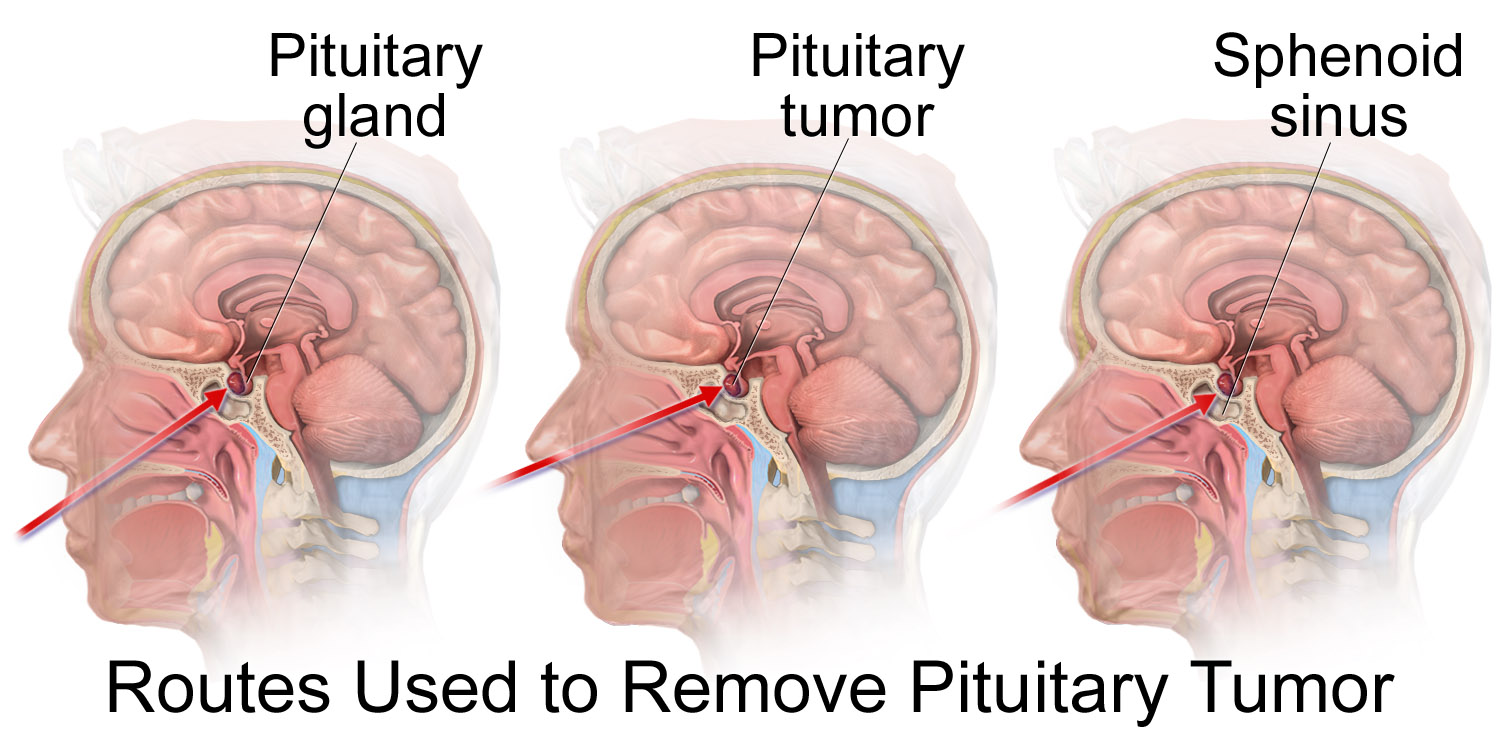
Pituitary Tumor Treatment Cost In India Pituitary Tumor Treatment – Medsurgeindia
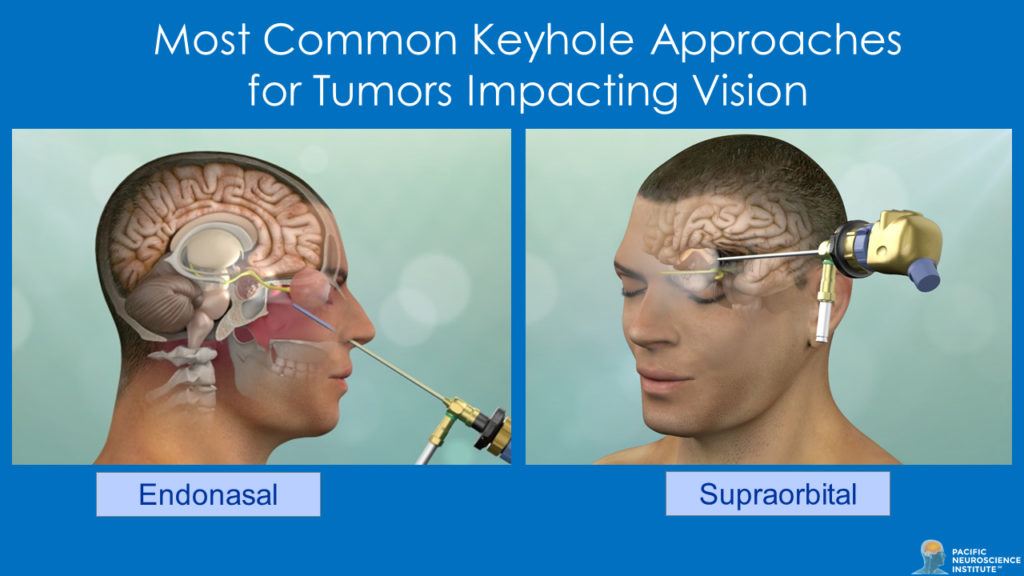
I Can See Clearly Now The Tumors Gone Pacific Neuroscience Institute

Pituitary Tumor Houston Pituitary Tumor The Woodlands
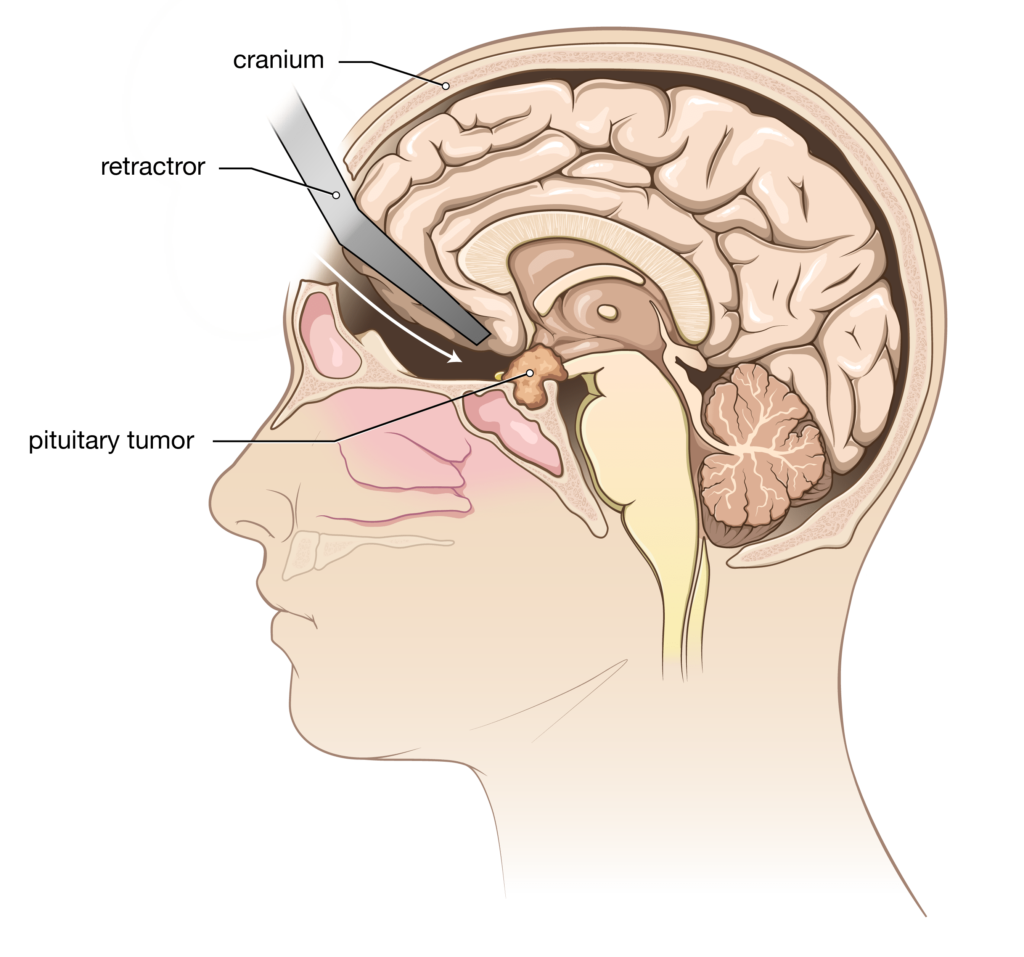
Pituitary Tumor – Goodman Campbell
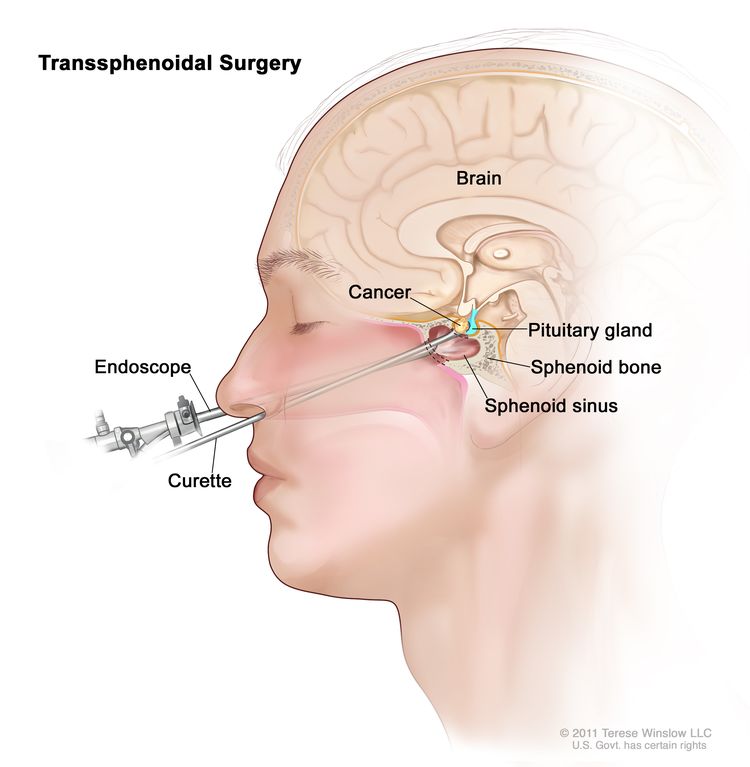
Pituitary Tumors Treatment Pdqpatient Version – National Cancer Institute

Transnasal Transphenoidal Surgery For Pituitary Tumors Treatment In San Jose Santa Clara San Mateo Redwood City Menlo Park Palo Alto Mountain View – San Jose Neurospine

Pituitary Tumorsadenomas Symptoms Causes Treatments University Of Utah Health
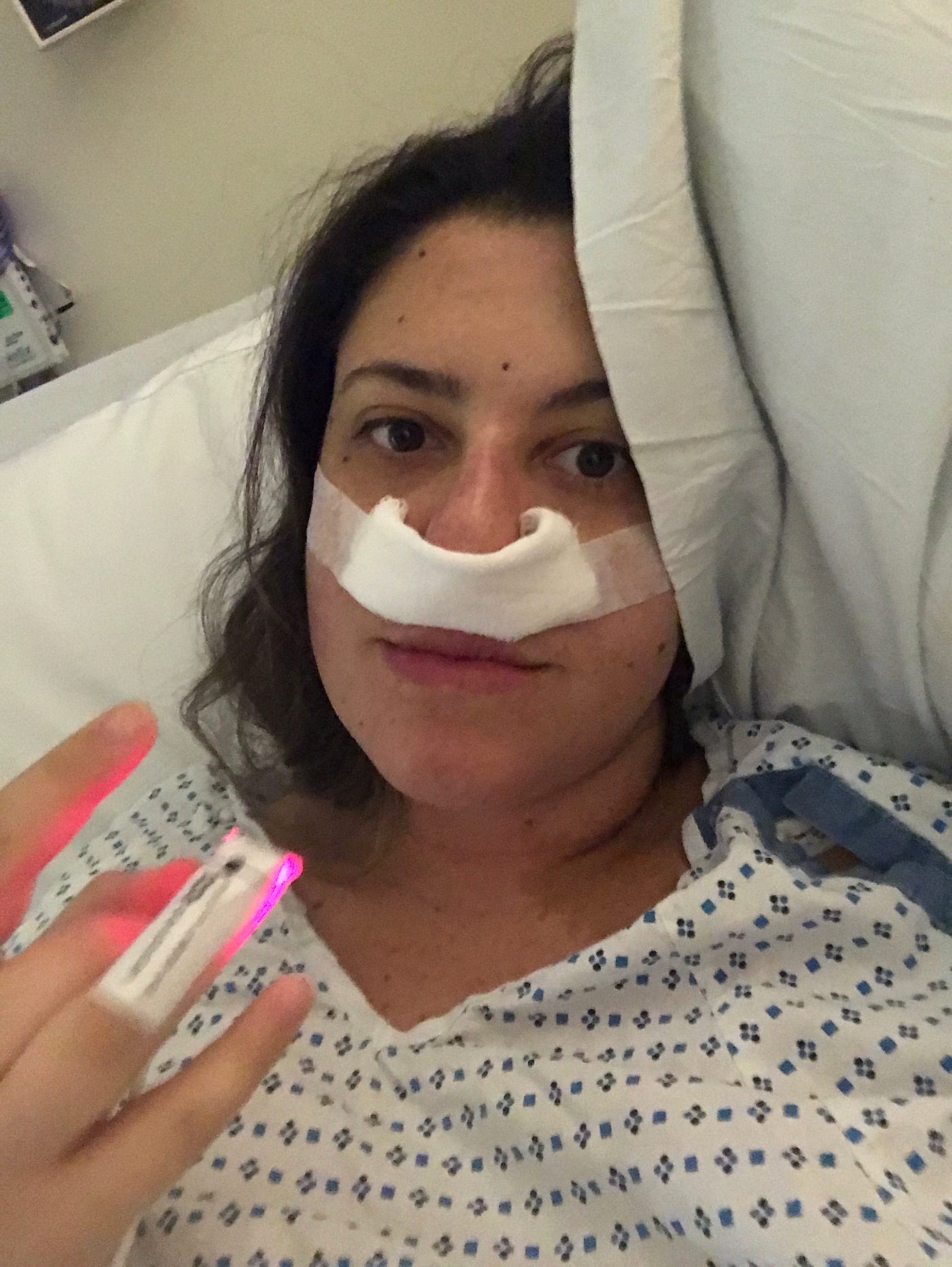
One Year Later On This Day Last Year I Had A Tumor By Marisa Kabas Medium

Pituitary Surgery Hypophysectomy

Symptom Relief After Pituitary Tumor Surgery Md Anderson Cancer Center
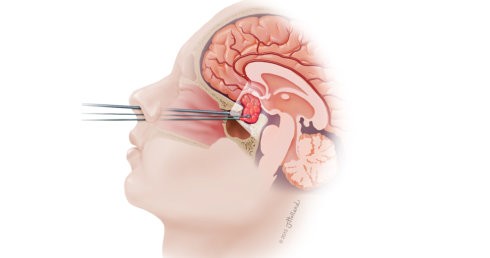
Endoscopic Transsphenoidal Surgery Newport Beach Orange County Ca

Hypophysectomy Procedure Recovery And Complications
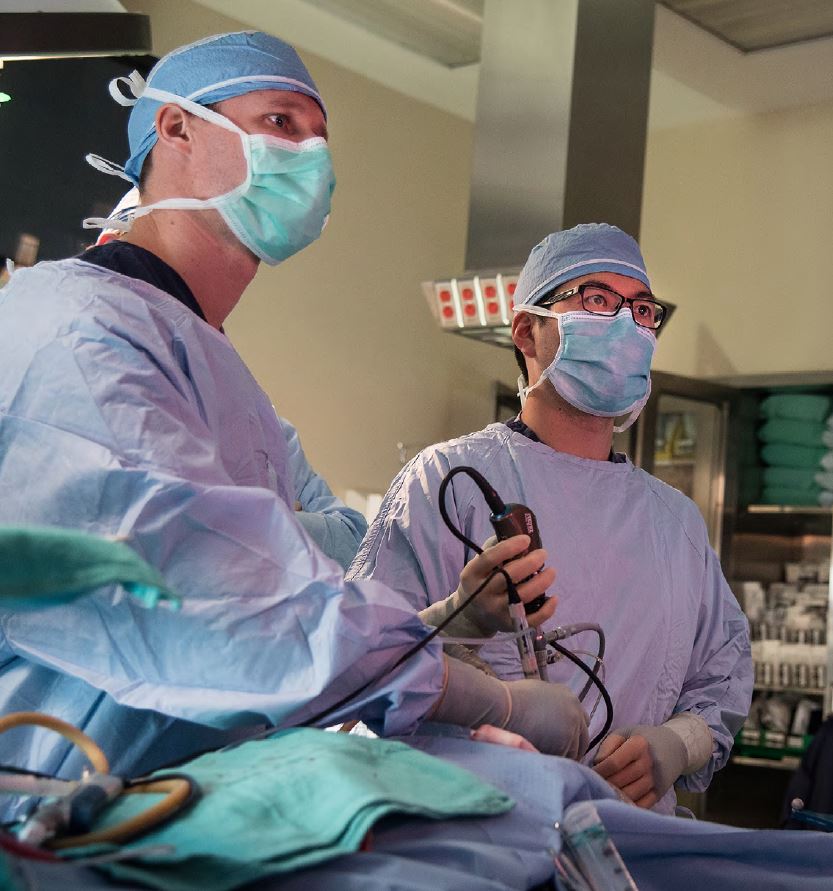
Pituitary Adenoma Mcgovern Medical School
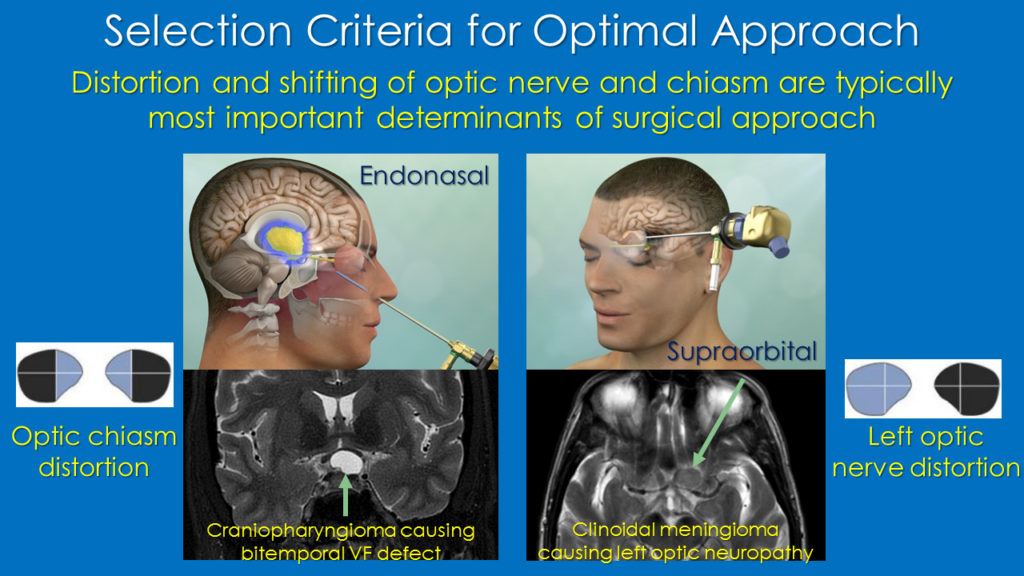
I Can See Clearly Now The Tumors Gone Pacific Neuroscience Institute
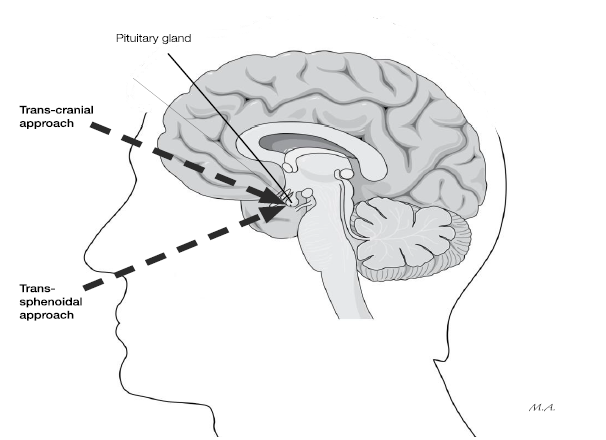
Pituitary Surgery Hull University Teaching Hospitals Nhs Trust

Recovering From Pituitary Surgery Joseph Watson Md Board Certified Neurosurgeon

Pituitary Gland Tumours And Surgery – Adelaide Ent Specialistsadelaide Ent Specialists
Two Days Away From Surgery To Remove A Pituitary Tumor Thats Caused My Left Eye To Go Paralyzed Among Other Things Like Kidney Failure Rpics









